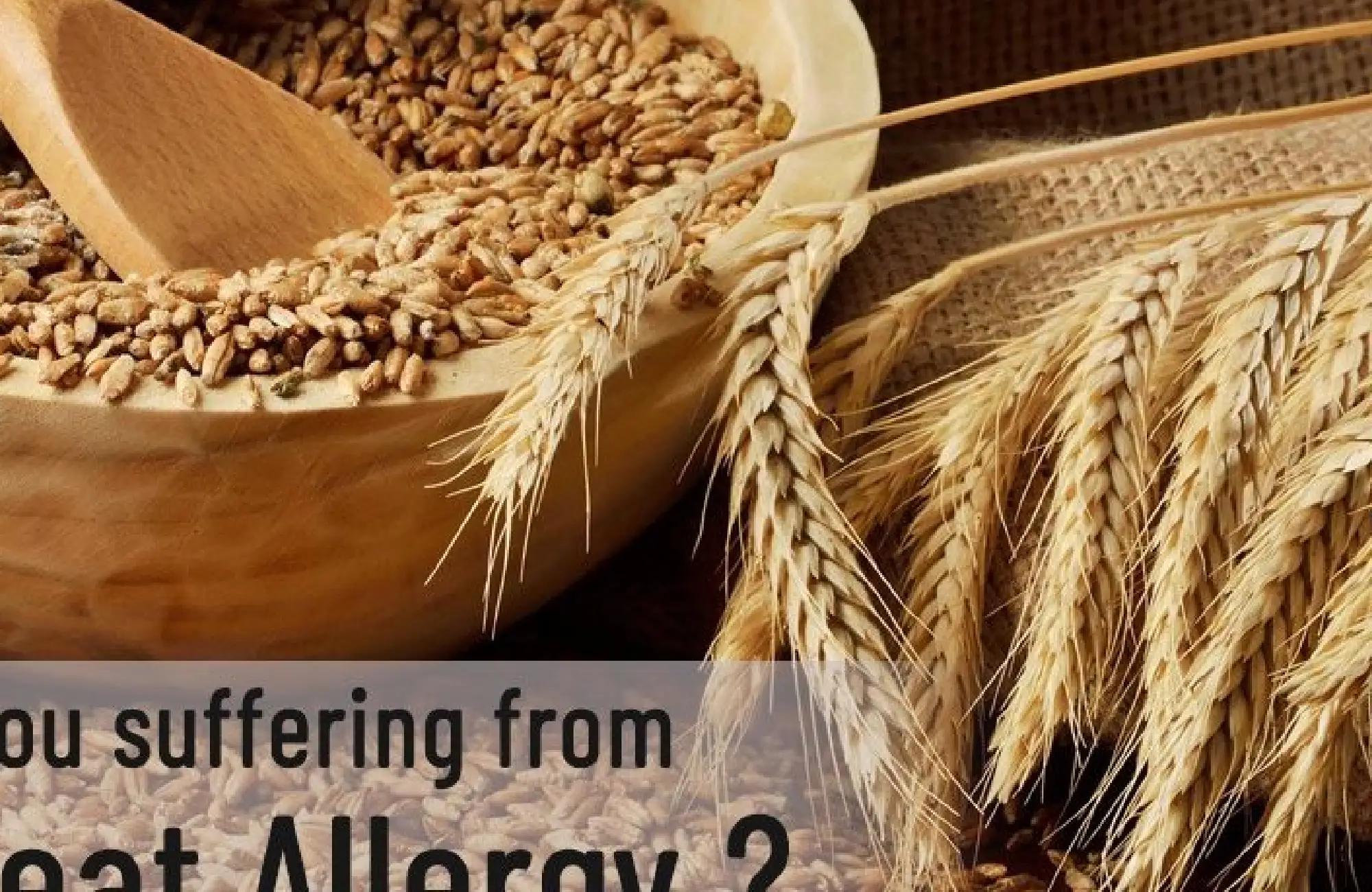
24 Jul 2024
“Wheat Intolerance” in practice: A tip of an Iceberg
We commonly encounter patients with wheat intolerances. When we explain disorder to them, they simply ask ‘I am taking wheat since childhood and how can it affect me now’? I will explain in this blog regarding intolerance to wheat and its consequences to health.
Wheat is considered one of the eight most allergic substances known in world. Wheat can lead to spectrum of disorders from wheat allergy/ gluten sensitivity to full blown celiac disease.
Who should consult for suspected gluten sensitivity?
Children :
- Failure to gain weight or height
- Low hemoglobin or anemia
- Diarrhea
- Abdominal pain and bloating
- Brittle bones
- Liver disease
Adult:
- Abdominal disturbances like abdominal pain, bloating, chronic diarrhea, vomiting
- Unexplained weight loss
- Low hemoglobin
- Vitamin deficiencies
- Flatulence, Gas problem
- Recurrent oral ulcerations
How to diagnose Wheat allergy or Celiac Disease?
Wheat allergy and celiac disease both are separate disorders.
- Blood test: Serum Ig E levels or Skin prick test is used to diagnose wheat allergy
- Celiac serology: Serum TTG or EMA levels
- Endoscopy and Duodenal biopsies
Is there any management of Celiac Disease?
Strict avoidance of gluten from diet is most effective modality of treatment.
Person should avoid following gluten containing food:
- Wheat
- Rye
- Barley
- Rava (In gujarati)
- Packed food – Usually packets contains warning if it contains gluten or not.
- Chocolate or ice-creams : may contain hidden gluten
- Lipsticks, Tooth pastes : may contain gluten as constituent and can enter in digestive system
My diagnosis is Irritable Bowel Syndrome, Can I have gluten sensitivity?
Most of the features like abdominal discomfort/pain or bowel disturbances are seen in both IBS and non-celiac gluten sensitivity. Many a time patient improves if he omits wheat from the diet. Actually wheat contains many other oligosaccharides which can be responsible for IBS like symptoms. It’s difficult to differentiate between both the entities.
A spectrum what clinician should know?
- Wheat allergy: Typical allergic reaction after exposure to wheat in form of itching, skin rash, breathing discomfort, GI disturbances etc. It mainly affects children and usually outgrown in adulthood.
- Atopic Dermatitis: It manifests as skin rash and wheat can be culprit. It can be diagnosed by skin prick test and improves after omission of allergen.
- Baker’s Asthma: It’s occupational hazard and usually seen in workers in bakery where exposure to dust of wheat and other grains are common and characterized by breathing discomfort.
- Eosinophilic Esophagitis or gastroenteritis: It’s characterized by difficulty in swallowing in Esophagitis and diarrhea, abdominal pain in gastroenteritis. Various other food components except wheat can be culprit for it.
- Celiac disease: It’s usually seen in children and adulthood although cases have been reported from elderly in 5th or 6th It has spectrum of presentation from asymptomatic individual to full blown malabsortion syndrome. Many presents with iron deficiany anaemia or GI disturbances in form of diarrhea, abdominal bloating, failure to gain weight etc.
- Non celiac gluten sensitivity: An unexplained disorder overlapping with IBS and without any serologic or histologic markers of celiac disease.
- Intestinal lymphoma or cancer: Celiac disease can predispose an individual to T-cell lymphoma or NHL and even carries increased risk of adenocarcinoma of small intestine.
Gluten free movement and Misconceptions:
Many celebrities from Lady Gaga to Viral Kohli have adopted lifestyle of gluten free diet. Gluten free movement has significantly increased sale of gluten free products in market.
From dietary perspective, any sugar is harmful for the body. Wheat contains good amount of sugar/carbohydrates. Omission of wheat can helpful to reduce sugar consumption which can be beneficial for various disorders like obesity, diabetes, hypercholesterolemia or bowel disturbances. Although small amount of wheat is essential dietary supplement, Hence one should follow their dietitian advise carefully without blindly adopting any dietary changes which can lead to various nutritional deficiencies and even detrimental to health.